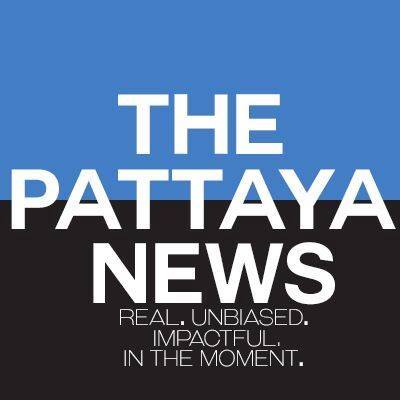BANGKOK, May 16, 2025 — The Ministry of Higher Education, Science, Research and Innovation (MHESI) has introduced stringent regulations to oversee short-term educational programs for foreign students, aiming to prevent these courses from being exploited as a pathway for illegal employment in Thailand.
The new rules, effective May 14th, 2025, impose oversight on institutions offering such programs, mandating detailed reporting and compliance to ensure educational integrity and immigration control.
Under the new framework, all institutions providing short-term courses—defined as programs lasting no longer than 180 days—must submit comprehensive details to MHESI for monitoring. This includes curriculum outlines, attendance records, and student data such as qualifications, enrollment periods, and academic records. Courses are required to deliver at least 60% of their content through on-site learning, with online components capped at 40%, ensuring substantial in-person engagement.

Minister Supamas Isarabhakdi explained that the regulations are designed to uphold educational standards while addressing immigration concerns. “These measures ensure course quality, clear learning outcomes, qualified instructors, and proper management of foreign students,” she said.
Institutions must provide detailed reports on course content, schedules, study locations, language of instruction, and evaluation methods. They are also responsible for issuing study certificates and assisting students in obtaining temporary study permits, valid for up to 180 days.

To prevent misuse of student visas, institutions must verify the academic records of foreign students, particularly those transferring from other programs, and report their details to MHESI within 30 days of receiving immigration approval. Additionally, monthly progress reports are required via the Ministry’s tracking system, documenting enrolled, withdrawn, or graduated students. Non-compliance risks course cancellation by the institution’s governing council.
The move comes amid growing concerns over foreign nationals using short-term courses as a pretext to work illegally in Thailand, particularly in sectors like hospitality and education. According to a 2024 report by the Immigration Bureau, over 1,500 foreign nationals were investigated for visa violations, with some linked to dubious educational programs. MHESI’s regulations aim to close these loopholes by enhancing oversight and accountability.

Educational institutions have expressed mixed reactions. Some welcome the clarity and structure, noting that reputable programs will benefit from standardized quality controls. However, smaller institutes offering niche courses, such as Thai language or cultural studies, worry about the administrative burden. “The reporting requirements are intensive, and we’ll need to invest in new systems to comply,” said a representative from a Bangkok-based language school.
This comes amidst overall tighter enforcement around education visas as we previously reported here.
Photos: Stock photos of Thai law enforcement by The Pattaya News team.




